-

- Community Explorer
-
SELECT
- Scholars
-
AND
- Keywords
- refine
- CREATE DIRECTORY
-
OR
- MAP
This directory presents the profiles of 138 scholars, 75 labs and 66 organizations in the field of Complex Systems
Scholars have been selected from the complex systems directory when sharing common keywords with:
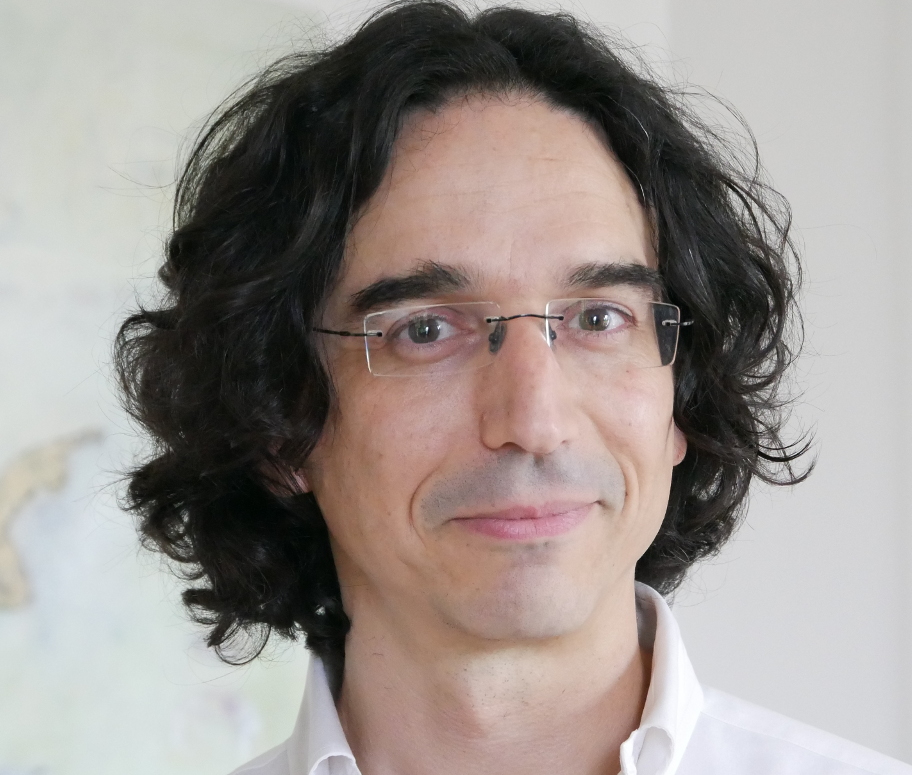
David Chavalarias is CNRS Director of Research at the Center of Social Analysis and Mathematics of EHESS. His research is situated at the crossroads between cognitive sciences and complex systems sciences, which he mobilizes for the study of social and cognitive dynamics, both from the point of view of the modeling and the reconstruction of social dynamics from large scale Web data. His highly interdisciplinary work focuses on the modeling of cultural dynamics and socio-semantic networks (academic, press and web), cognitive economics, quantitative epistemology, scientific discovery processes and the visualization of information. He has also initiated several software projects for the analysis of knowledge dynamics and their visualization. David Chavalarias his the Director of the Complex Systems Institute of Paris Ile-de-France and former vice-president of the Complex Systems Society (CSS Service Award in 2014).

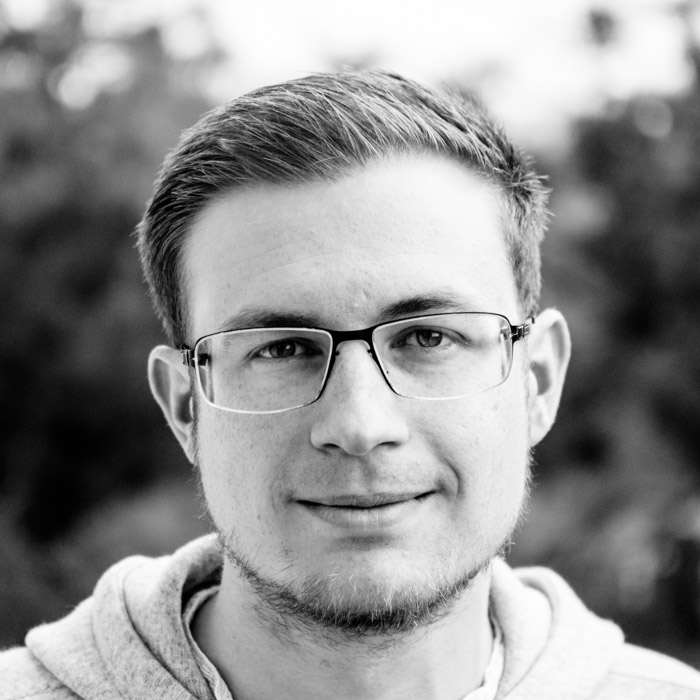

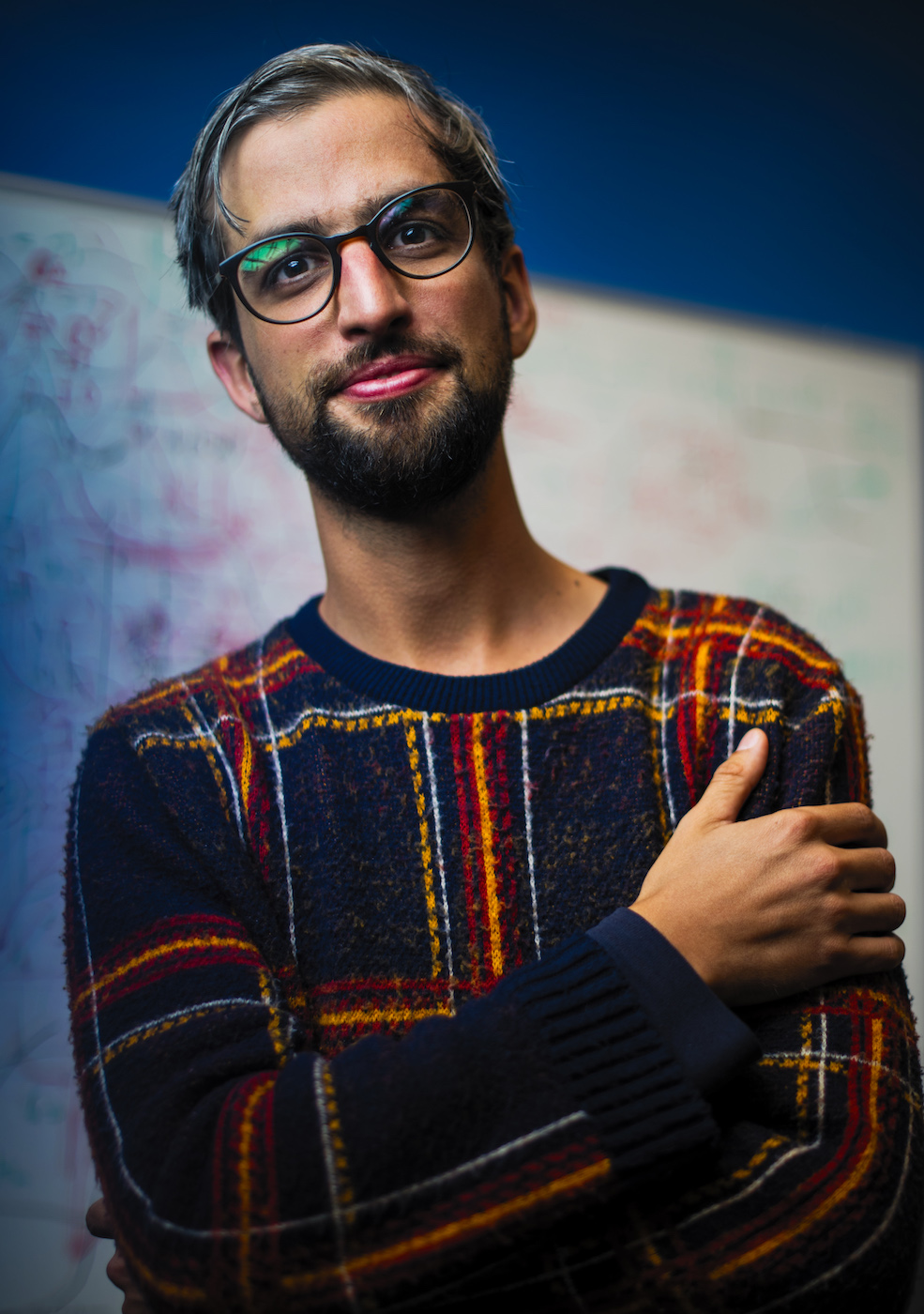

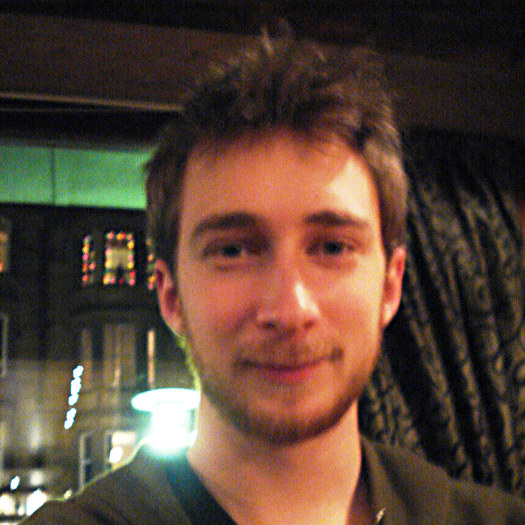
I work on scalable methods for the analysis of complex systems. Information theory provides interesting measures for data aggregation, thus allowing to reach macroscopic description levels of complex data. I am interested in the application of such approaches to social systems, and in particular to the study of mass media, social media, and geographical information.






cognition, social cognition, genetic networks, neural networks, social networks, embryogenesis, morphodynamics, cognitive economics, learning and adaptive systems, artificial life, mathematics, theoretical computer science, statistical physics



phylomemies






Every day, millions of humans make decisions about issues of interest for the group or the community they represent. Equivalent processes have been described well by several authors for animal societies. Group members must take decisions satisfying the majority of individuals (i.e. decision accuracy) but in a relative short period (i.e. decision speed). Much time may be required to make an accurate decision between alternatives, because evaluating information may be a lengthy process. Nevertheless, empirical studies demonstrating the conflict between speed and accuracy in decision making are mostly investigations in the field of human performance and psychology. Several factors can affect this trade-off between speed and accuracy. Better information can enhance the efficiency of the decision. However, the decision efficiency also depends on the way individuals are inter-connected, that is, according to the social network. I want to assess how the information quality and social network may enhance the collective decision-making by increasing both the accuracy and the speed of the decision.
Ethobiosciences - Cabinet d'Ethologie: Expertise et Recherche en Bien-être et Comportement Animal / Research and Consultancy Agency in Animal Wellbeing and Behaviour. Ethobiosciences.com



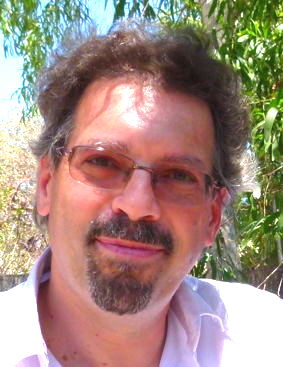
Aïkido Spirituality






epistemology of models and simulations _ types of computer simulations _ pluriformalisms _ multimodeling _ epistemology of computational sciences of complex systems _ epistemology of complex and integrative models of complex systems


Entreprise simulation, complex situations explored as serious games, GTES: Game-theoretical and Evolutionary Simulation. I study the influence of enterprise organization and process methods and commmunication on performance.








The topic of my research is " Global journalism. The West and the East: In Search of Common Ground".
I am interesting about the visual model of news in journalism as a complex system and to see news as a flow of information. Then I will aply the tools of nonlinear dynamics, complex systems to my model which allows me to see the stcructure of news of the Western(France, Germany) and the Eastern(China, India) types of journalism. This difference gives us infomation the difference between two parts of the world.

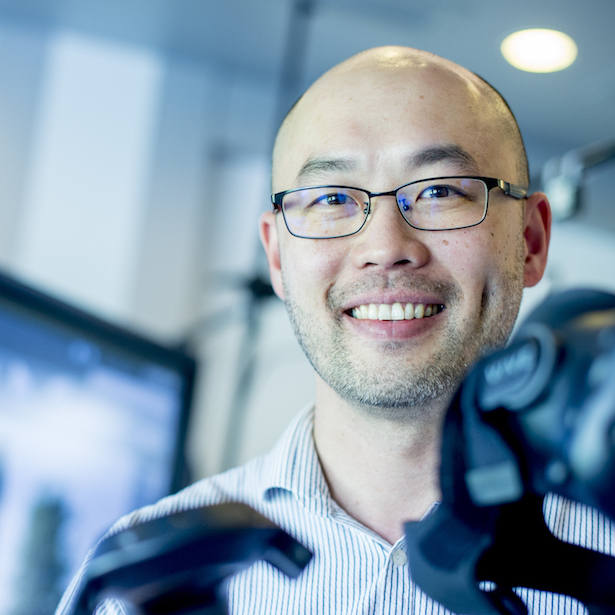
Scholarly activities aside, I love the outdoors and socialise widely. Fine dining is a passion too, so is fitness training and Aikido. But art and science is what I like best.

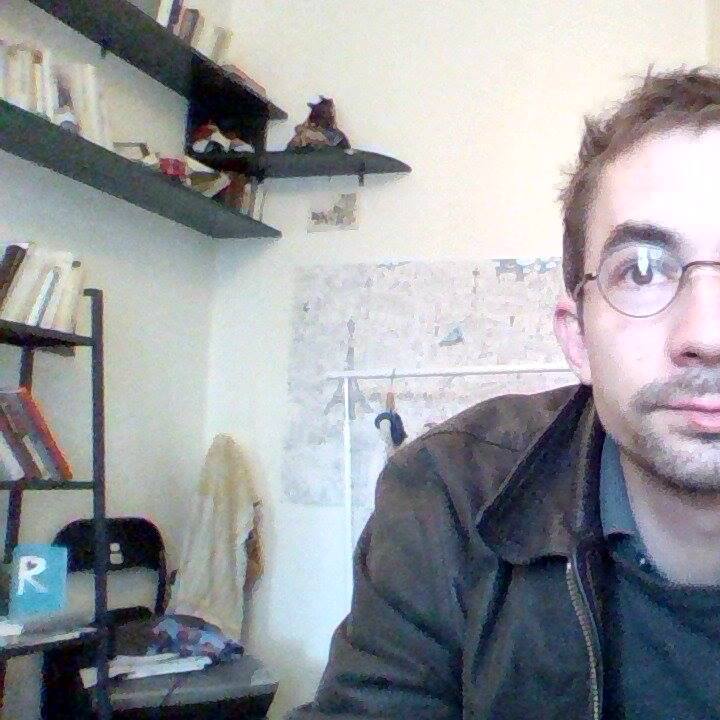

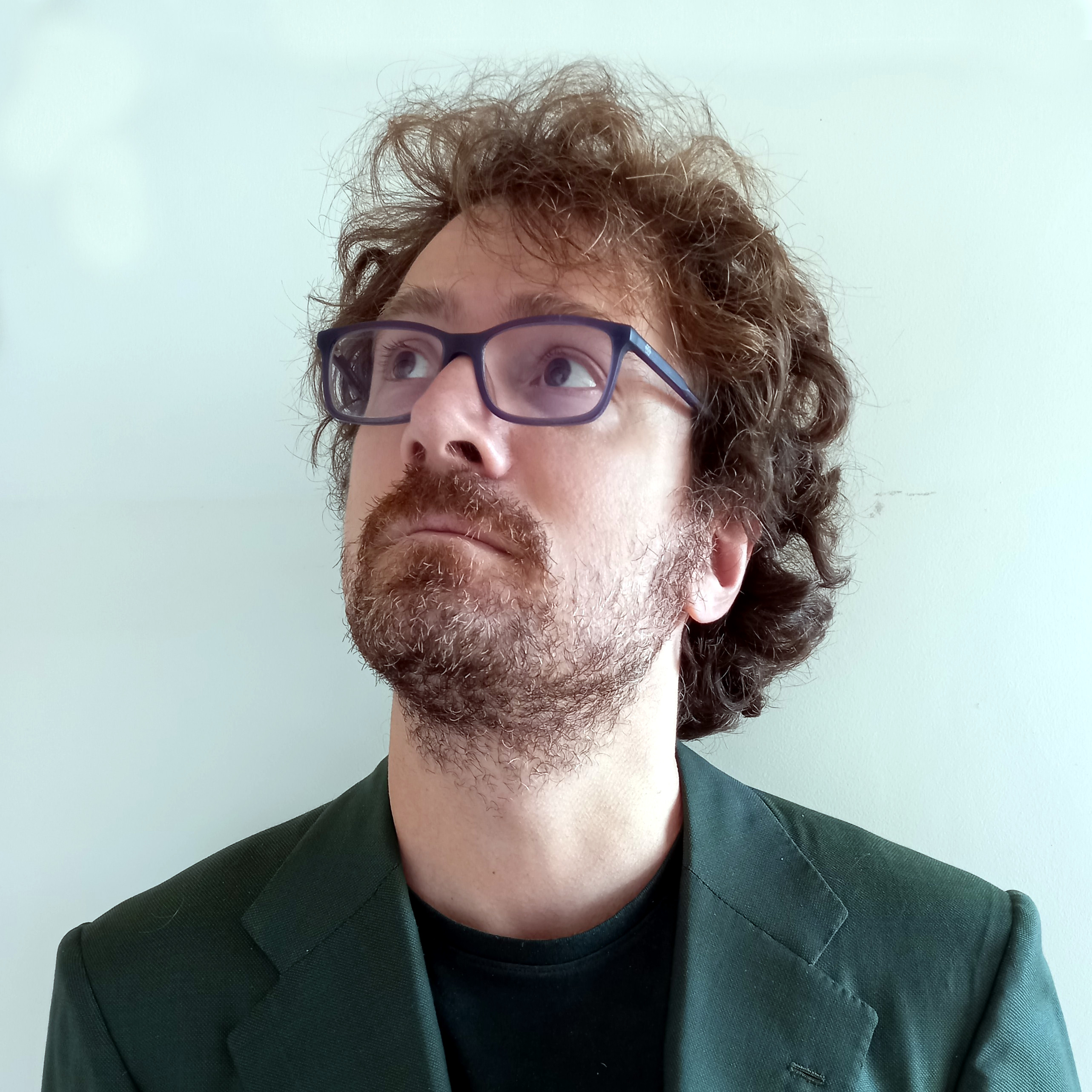




My research focuses on measuring and understanding complex phenomena in systems that entangle technological and social factors, such as online social networks and human contact networks, with applications to social media analysis and modeling, digital epidemiology, data science, and more.
















Human complex systems




collective dynamics in biological, social and economic systems, selforganization and structure formation, multi-agent systems, dynamics of organizations, transfer of methods from statistical physics to the life and social sciences






In the vast land of complex systems, I commute back and forth between computational biology and bio-inspired computing. On the way, I founded the field of morphogenetic engineering (ME), which explores new methodologies to model and create complex architectures that self-organize from a swarm of heterogeneous agents, in particular by development. Such emergent structures can be modular robots, synthetic organisms, or large autonomic networks of computing devices.

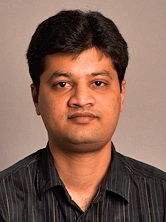











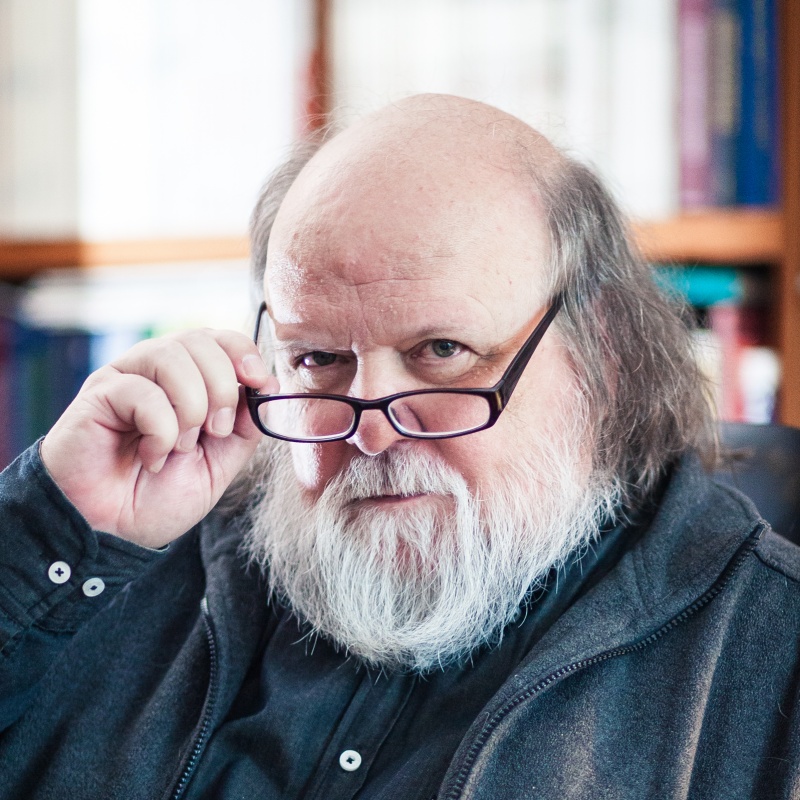
analysis of large networks, combinatorics, algorithms, large networks analysis, cluster analysis, social networks






Understanding the structure and function of comeplex systems by exploring the underlying network structure and the processes taking place on them. Characterizing temporal networks, especially spreading phenomena on them. Analysing and modeling multiplex networks and cascades on them. Revealing the laws of cooperative value production.






agent based simulations, supply networks, transport processes, self organization, emergence









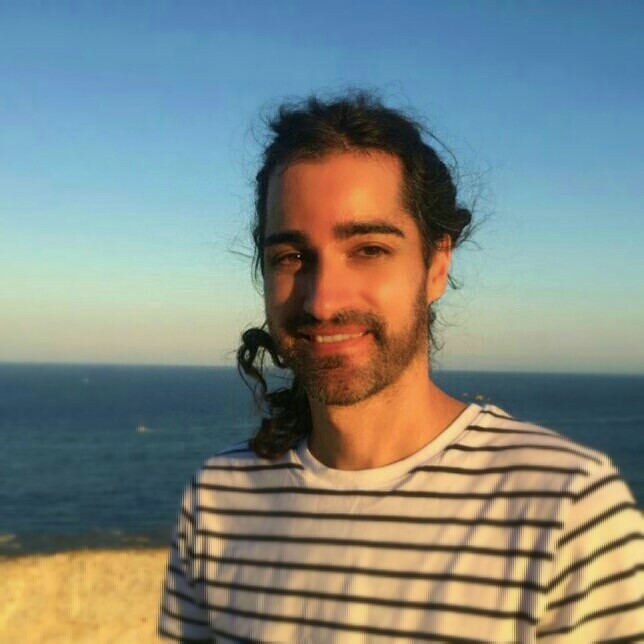
I am interested in the relationship between cognition and society. I work in the domains of cultural evolution, collective behavior, social learning and communication. In particular, I investigate how the interaction between individuals_ cognition and social structures affects the emergence of collective patterns of behavior. Some of my current projects involve social network connectivity effects on the dissemination of cultural variants, cognitive biases influences on the emergence of cultural conventions, research on the underlying mechanisms of cultural change and cultural diversity, the co-evolution of institutions and value systems, and the evolution of language. My research uses both computer modelling and experiments in the lab. I am currently a CNRS postdoc researcher at Complex Systems Institute (ISCPIF). Previously, I completed my PhD in Cognitive Science and Language at the Universitat Autònoma de Barcelona. During my PhD I obtained relevant training in cultural evolutionary methods: a significant part of my research was developed during researchs visits to the Centre for Language Evolution (University of Edinburgh) and the Laland Lab (University of St. Andrews).


I am interested in the development of new computational models, inspired in the cognitive behavior, with the purpose of improving engineering tasks


practices of the internet (sociology and measures), cyber-geography, history of (scientifical) writing, technologies of the intellect of today, epistemology




Applications of complex systems and evolutionary dynamics in biological and socioeconomical contexts
















I am interested in predicting the unpredictable. Even though people do not always optimize their decisions relating to their preferences and act accordingly, their behaviour still seems to some degree predictable. One component influencing their behaviour and decision-making processes is path dependency. When performing alike actions that can be observed as a path, it would be inefficient for the brain to run full optimization processes all over again and again. So actions instead get habitualized and institutionalized. But if then a new situation appears like climate change, financial crisis, a flooding, or a new product on the market, people tend to keep up old routines or tend to follow others in their behaviour, because by then it might have proven successful and quicker than computing new routines oneself. Phenomena like e.g. herding, swarming, or increasing risks for cascades may result. Thus, to the degree agents are affected by path dependency, social dynamics can be predicted.










Multi-Agent Systems, Artificial Intelligence : Applications, Emergence, Evaluation, Learning, Methodology, Organisations, Privacy, Trust, User-Centring.





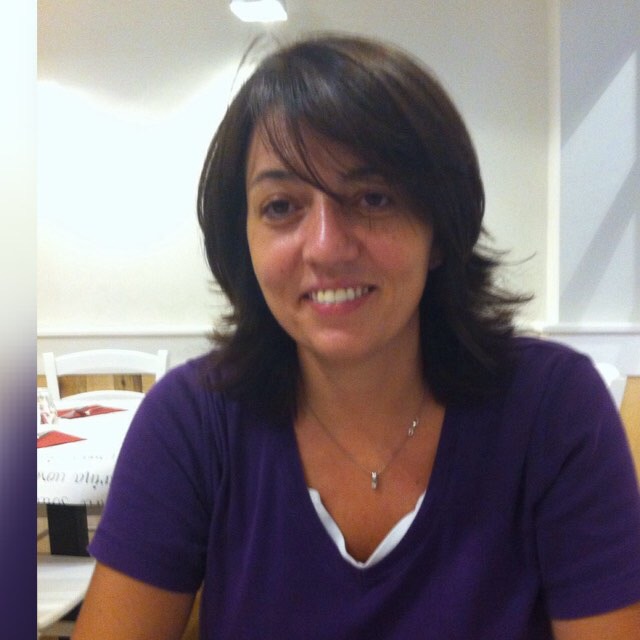



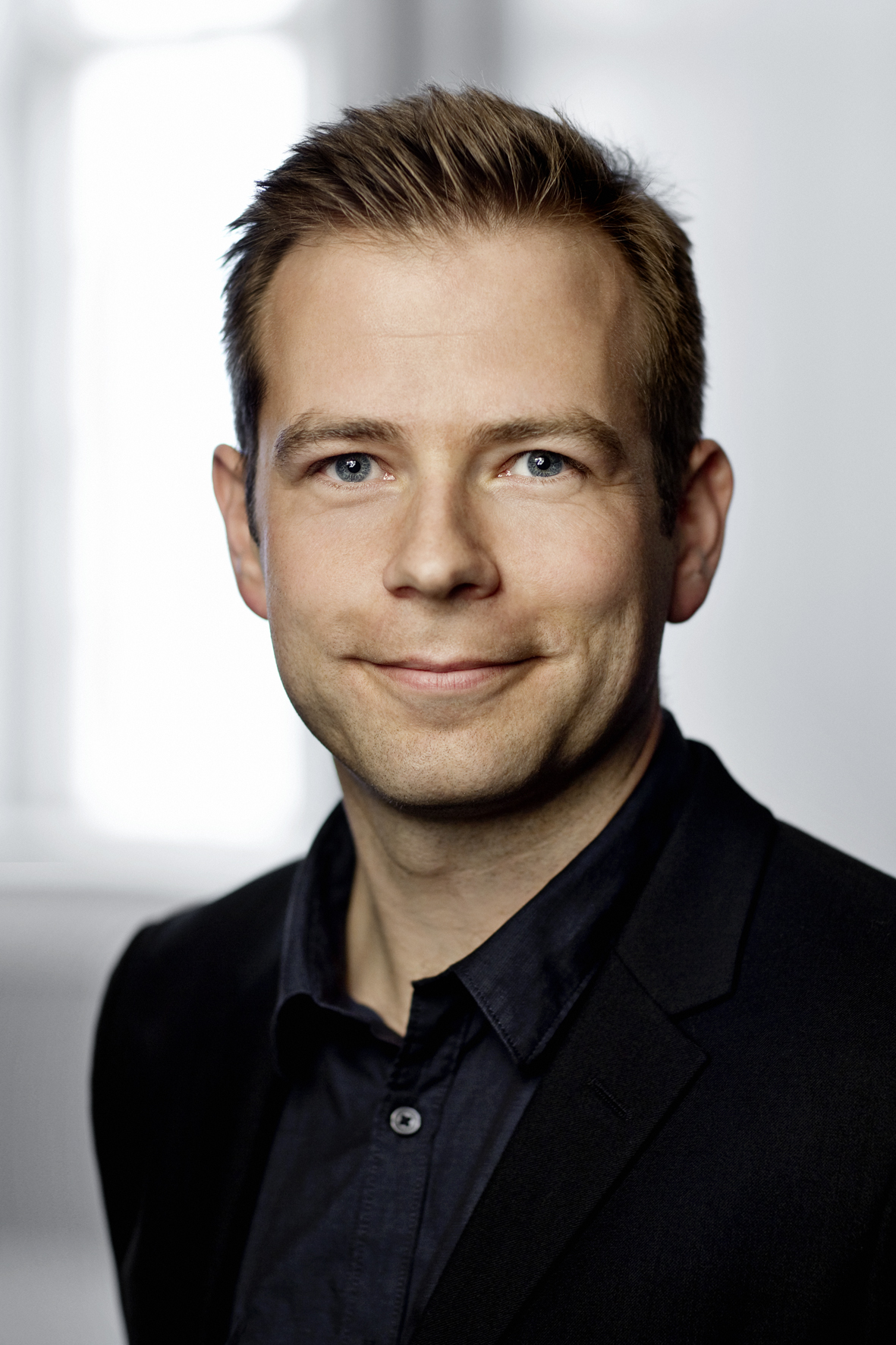





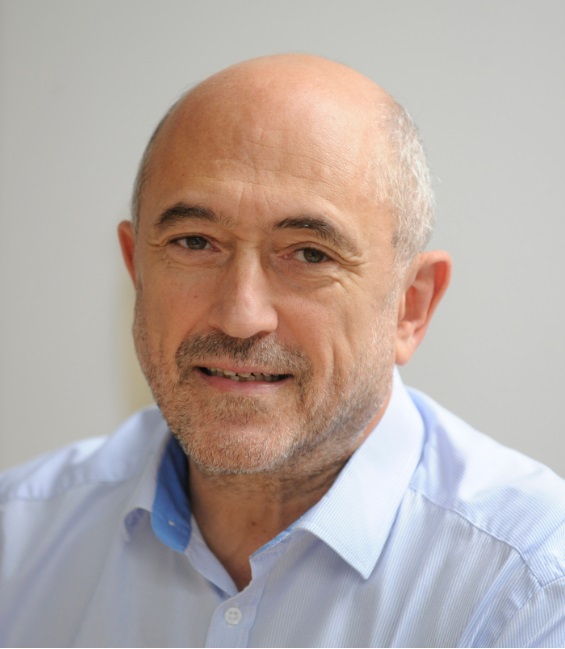





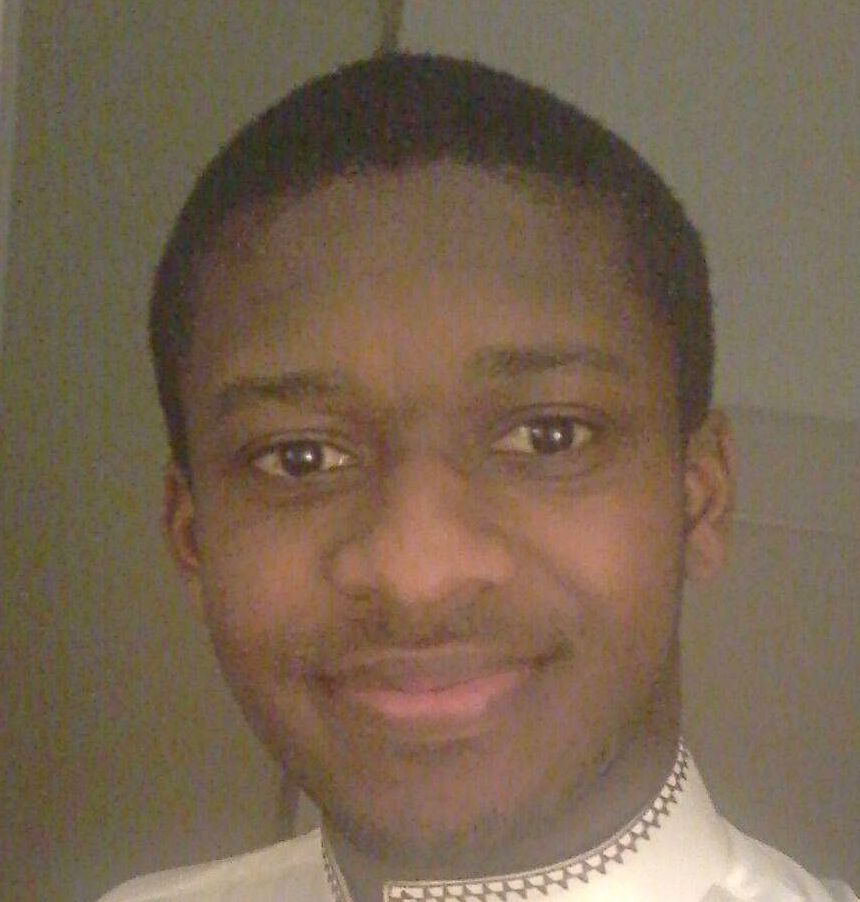
Fields of interests _- Economics, Finance _- Mathematics, Physics _- Psychology, Sociology _- Philosophy, Epistemology _Specific interests _- monetary system, markets equilibrium, economic rationality, economy of information, economic thought history _- Probabilities theory, game theory, fractals, complex systems_



Dynamics of lymphoid cell populations in the immune system_ Modeling and simulations of lymphocyte differentiation, selection and resilience to perturbations and aging


At the European Center for Virtual Reality (CERV, Brest), we aim at building the virtuoscope : a virtual lab for studying models for complex systems. I aim to develop enactic : a methodology for building the virtuoscope that uses enaction paradigm at the level of models involved in the phenomenological knowledge of a particular domain. I've applied it to remote observation of sea states, Earth's thermal history and virtual sailing. It seems that the way by wich we creates autonomy based phenomenological models for natural phenomena also produces simulations that are of great interest for teaching.


modelling and understanding generic aspects of living systems/ comparative application to several fields (fisheries, small rodents, scientific knowledge) / currently http:/simmasto.org


interfaces, epistemology, creativity









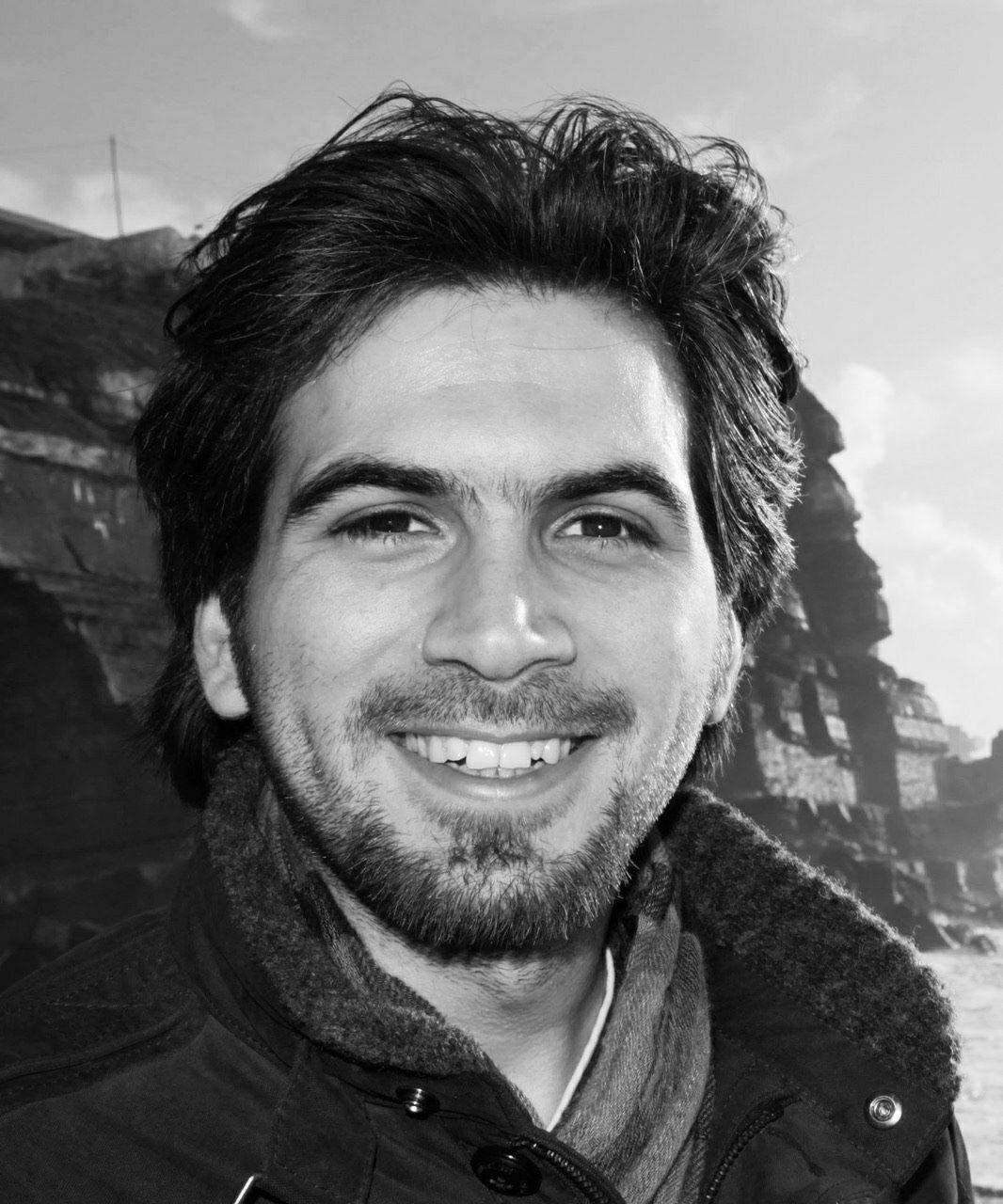
I am interested in working on interdisciplinary topics that combines distributed problem solving with other domains like multi-agent systems, collective intelligence, self-organization and self-adaptation, simulation of biological systems, distributed clock synchronization, economy and law.

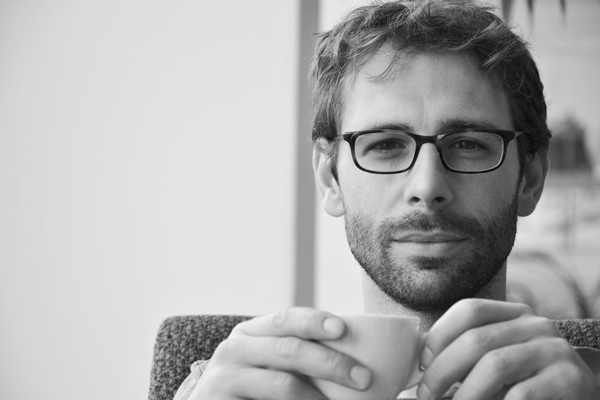


Undertaking in-depth research on advanced computational systems to support a wide range of complex applications enabled _ enhanced through networking in industry and defence sectors using systems metamodelling based on knowledge analytics, and semantics as well as web infrastructure protection, information security, risk, resilience and harmonisation of the legislation for the advancement of ICT. This is leading to practical solutions enabling innovation and competitiveness of industrial companies as well as scientific publications such as journal papers, book chapters and conference contributions.













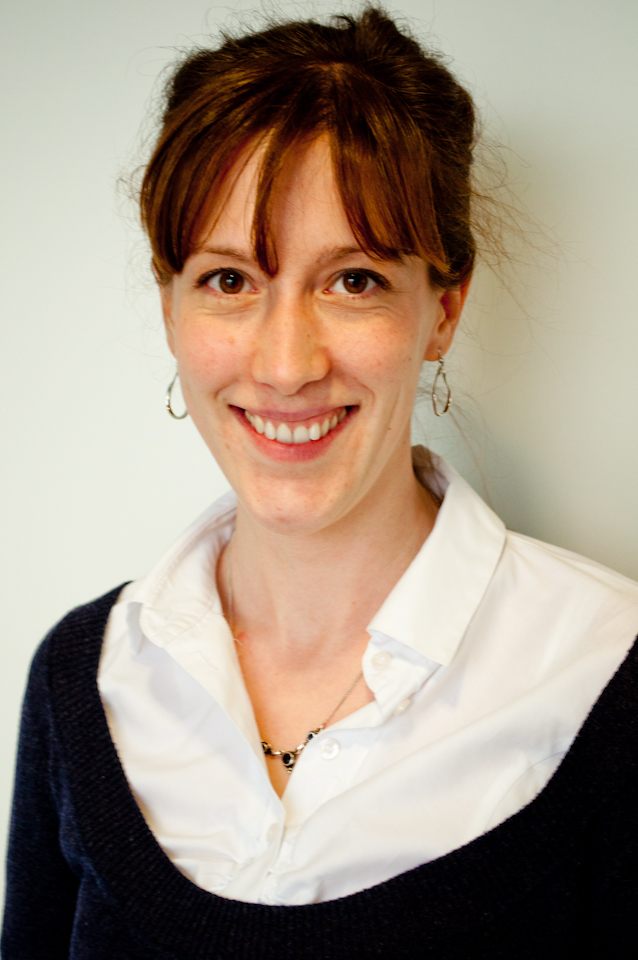
I graduated in Statistics from the Louvain School of Statistics, Biostatistics and Actuarial Science in 2010. I specialized in data management, data mining (PCA, discriminant analysis, clustering _) and predictive modeling (logistic regression, hierarchical or mixed models _). I have experience in working with large data sets, and statistical tools such as SAS, R and SPSS. My current interests include working on graphs, by using social network analysis tools and data mining techniques applied to graphs. My PhD research focuses on the structural components of student networks (in particular student centrality measures and network density) that are related to student academic achievement.





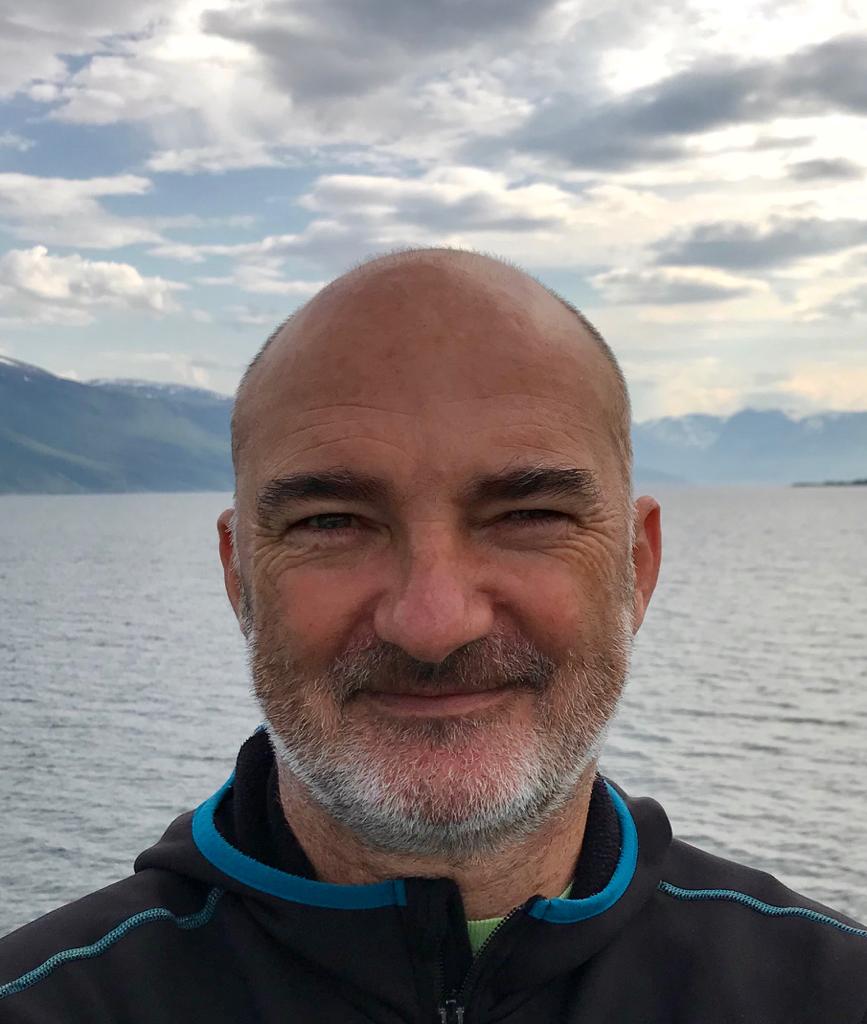
















Data Optimisation, Visualisation Data for Decision Making





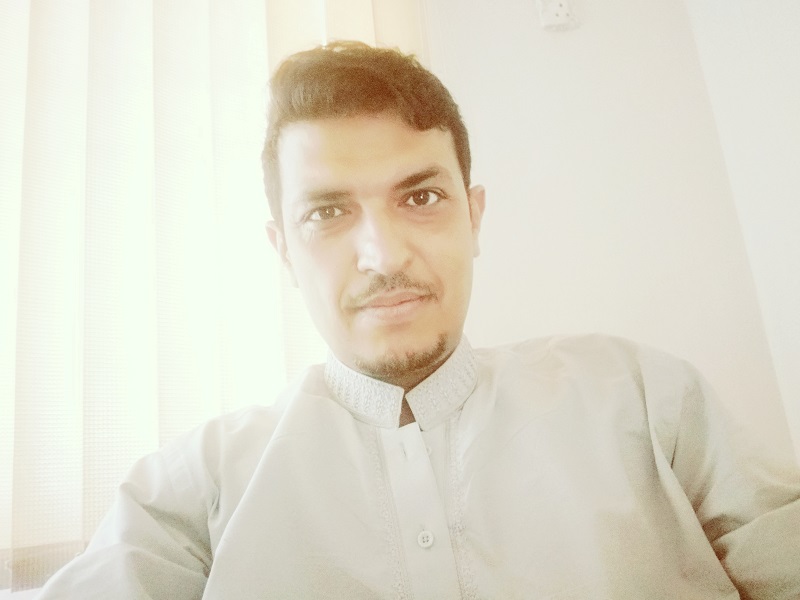


My special interests are auto-scalable, highly-available, and real-time Web and mobile applications by using bleeding-edge technologies such as Node.js, Socket.io, Express.js, Redis, and MongoDB. I am also working on real-time processing in Big Data by using Apache Shark and Impala along with batch processing by using Apache Hive on Amazon EMR Hadoop clusters and Cloudera Manager. Machine learning, building recommender engines by using Apache Mahout, and visualizing Big Data in realtime streaming from social networks especially Twitter on geo-location maps are my other interests.






Complex Systems_ Cognition and Neural Systems, Systems Biology, Social Systems Theory_ Mathematical Methods, including Dynamical Systems, Information Theory, Network Theory, Calculus of Variations, Partial Differential Equations_ Formation of Structure, Emergence, Autonomy, Differentiation

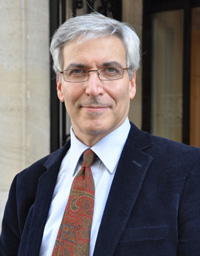
Multilevel networks _Dynamic networks _Network literacy _Organization _Epistemic networks _Norms _Mobility




I am an Associate Professor (Maître de conférence) in Computer Science at the Paul Sabatier University in Toulouse, France.
My speciality is Artificial Intelligence and more precisely Emergent Problem Solving using Cooperative Self-Organization and Multi-Agent Systems.






My research activity focuses on using computational, visualization and data analysis methods for the study of Complex Systems in a multidisciplinary context. Current projects include detailed epidemic modeling in structured populations; knowledge diffusion on large technological networks; and the study of human behavior through the analysis of proxy social network dynamics






Modeling, simulation, declarative languages, topological rewriting, morphogenesis.



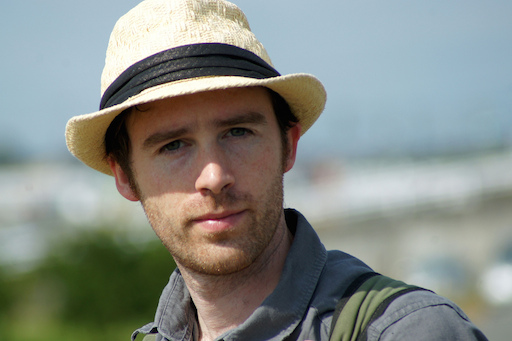


I am interested in theory of biological and cultural evolution (also memetics), complex systems and related subjects in biology, social science and linguistic.
Currently my most important job and method are computer simulations - I use C++, Delphi, other Pascal compilers, sometimes Java and Action Script 3.


Je m'intéresse à la théorie de la viabilité et en particulier à l'analyse morphologique et mutationelle , ses motivations, et ses applications aux sciences cognitives, à la morphogénèse, aux systèmes complexes, sans oublier les développements mathématiques et algorithmiques de cette théorie.



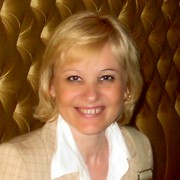
Popularisation of the ideas of comlexity

List of teams or labs mentioned by the scholars











































































List of institutions to which scholars are affiliated

































































